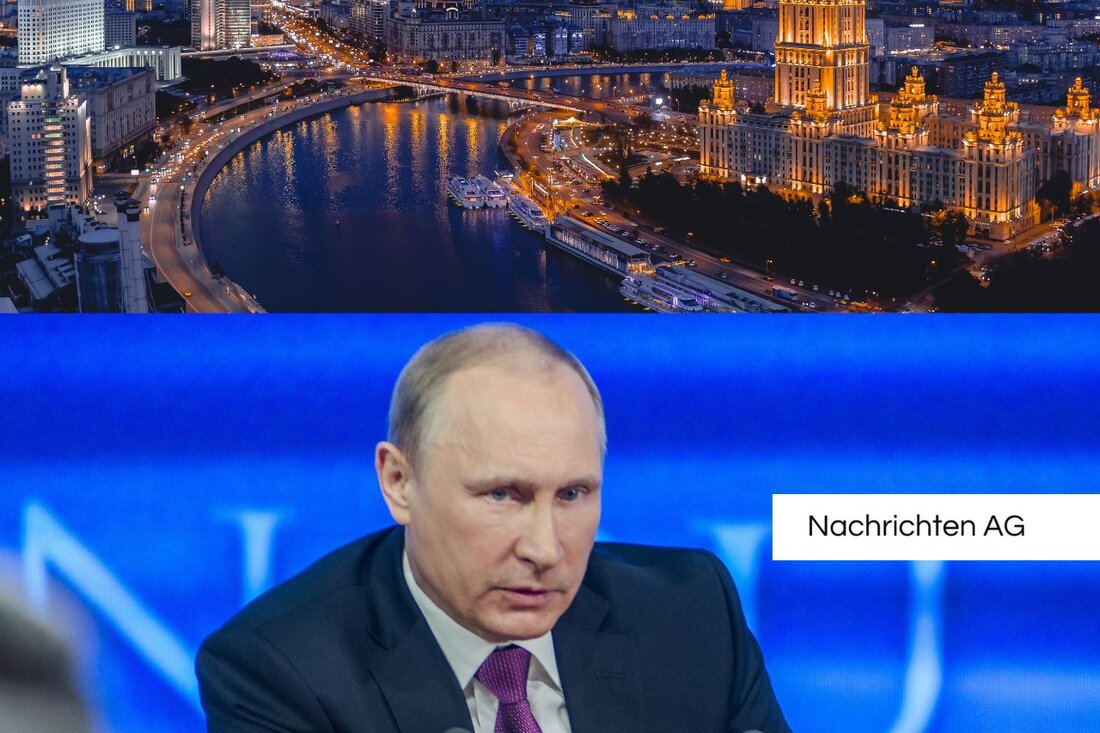Russian houses in Berlin: New hope for expropriation and renovation!

Russian houses in Berlin: New hope for expropriation and renovation!
Andernacher Straße/Königswinterstraße, 10315 Berlin, Deutschland - in Berlin-Karlshorst, the "Russian houses", an important relic from the time of the Cold War, have been empty and expired for 30 years now. These historic buildings are located on Andernacher Straße/Königswinterstraße and Ehrenfelsstraße/Loreleystrasse and are listed. Its owner is the Russian Federation, which has not yet responded to the attempts to contact the German authorities.
The "Russian houses" are not only architecturally significant, but also have historical relevance. In the immediate vicinity of these properties, the unconditional surrender of the Wehrmacht was signed on May 8, 1945. The Soviet Army was stationed in Karlshorst in 1994 until Germany was reunited. After the withdrawal of the Russian troops, the real estate remained owned by the Russian Federation.
expropriation and monument protection
Against the background of the vacancy for years, the Senate Department for Urban Development and the Federal Foreign Office have found that the "Russian houses" are not diplomatic areas. This could pave the way for an expropriation of the buildings, which could be based on Berlin's ban on vacancies and monument protection. The Lichtenberg district office is currently examining the status of the buildings and the possibility of expropriation.
A precedent for such an expropriation took place in Thuringia in 2018. However, the legal uncertainties and diplomatic relationships with Russia represent hurdles. Experts warn that the current situation is complicated, especially since the owner has so far rejected any communication.
two-plus four-contract as a historical context
The two-plus four contract, officially known as a "contract for the final regulation in relation to Germany", plays a central role in this context. This contract, which was signed on September 12, 1990, stated the conditions for the withdrawal of the Russian troops from Germany. He defines the international law aspects of German reunification and concluded the end of the post -war order.
The agreement was regarded as a decisive diplomatic instrument that not only regulated the external conditions for German association, but also set the international law of the United Germany. This includes, for example, the ban on nuclear armament and the recognition of the Oder-Neisse border.
With the entry into force of the contract on March 15, 1991, Germany achieved full sovereignty over its internal and external affairs. The negotiations were recognized as the "masterpiece of diplomacy" and included in the UNESCO World Document heritage in 2012.
In view of the complex historical, political and legal framework, it remains to be seen whether the plans for expropriation of the “Russian houses” can be successfully implemented.
For further information you can visit the following links: rbb24, crp-infotec , and wikipedia .
| Details | |
|---|---|
| Ort | Andernacher Straße/Königswinterstraße, 10315 Berlin, Deutschland |
| Quellen | |
